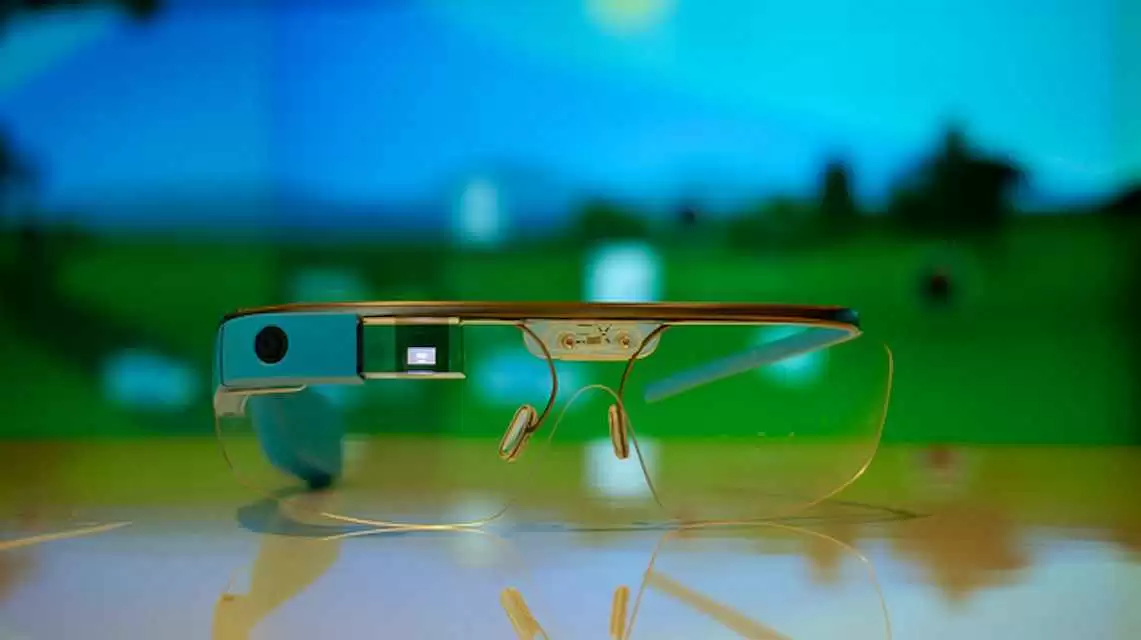
Celiac.com 03/16/2016 - If you have celiac disease, particularly if you are highly sensitive to gluten exposure, you may rely on commercial ELISA test kits for gluten detection.
There are a large variety of enzyme-linked immunosorbent assays (ELISAs) commercially available for gluten detection in food, including new formats and assays with antibodies against relevant gluten epitopes.
Celiac.com Sponsor (A12):
But, how accurate are these test kits for gluten detection? How reliable are they for people with celiac disease? A team of researchers recently set out to evaluate the accuracy of 14 ELISA kits for gluten detection. The kits they tested cover the full range of the current commercially available ELISA test kits.
The researcher team included Ilona D. Bruins Slot, Maria G. E. G. Bremer, Ine van der Fels-Klerx, with RIKILT–Wageningen UR, Wageningen, the Netherlands, and Rob J. Hamer with the Laboratory of Food Chemistry at the Wageningen University and Research Centre in Wageningen, the Netherlands.
In this study, the team assessed the performance of these kits in determining gluten content in a series of relevant food matrices varying in complexity.
Their results show that none of the currently available ELISA methods can accurately detect and quantify gluten in all cases. This includes the current type I method R5 as recommended by Codex Alimentarius.
In the face of these results, the team is calling for urgent improvements to testing kits, and recommends focusing on competitive formats, improving extraction methods, and the detection of relevant gluten peptides.
Source:
- Open Original Shared Link










Recommended Comments